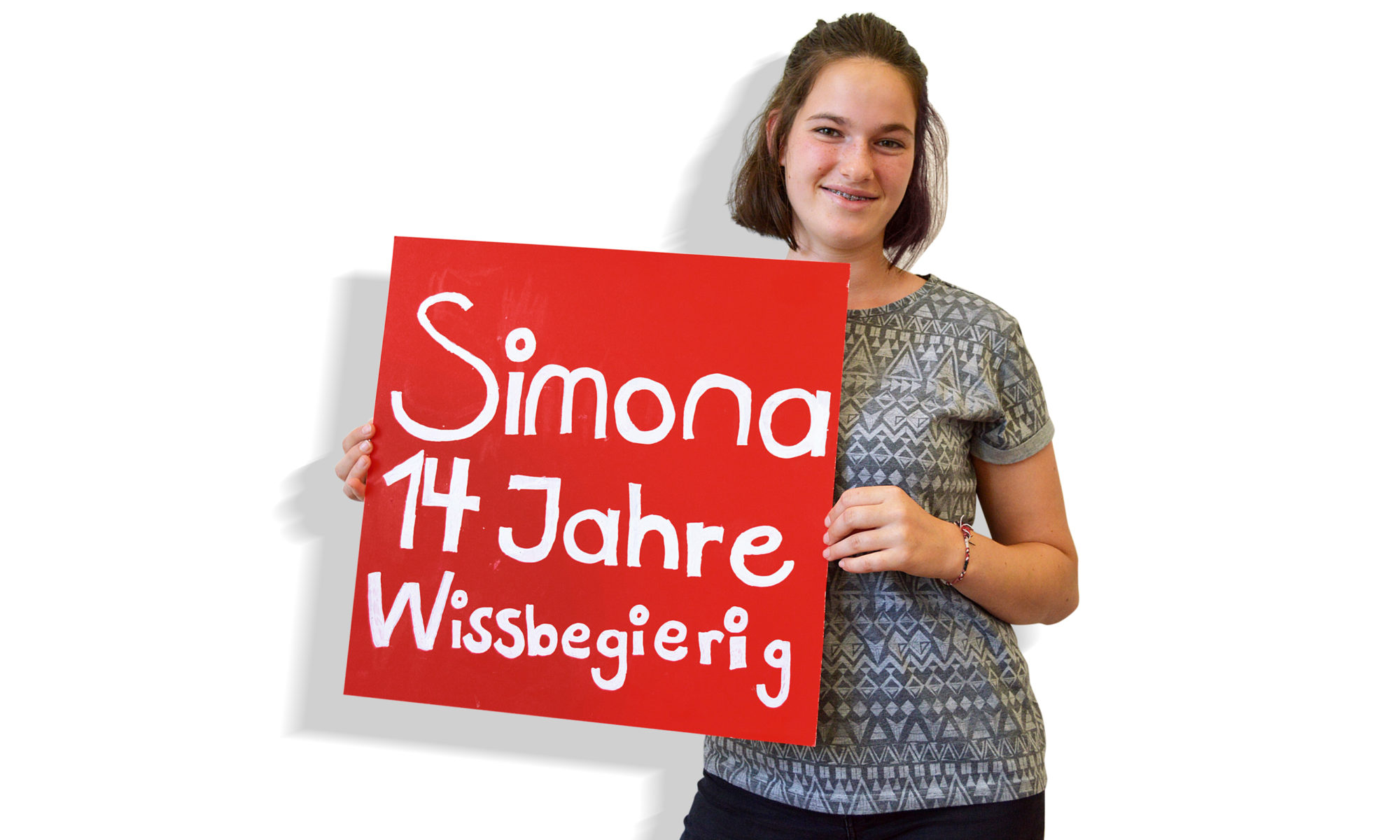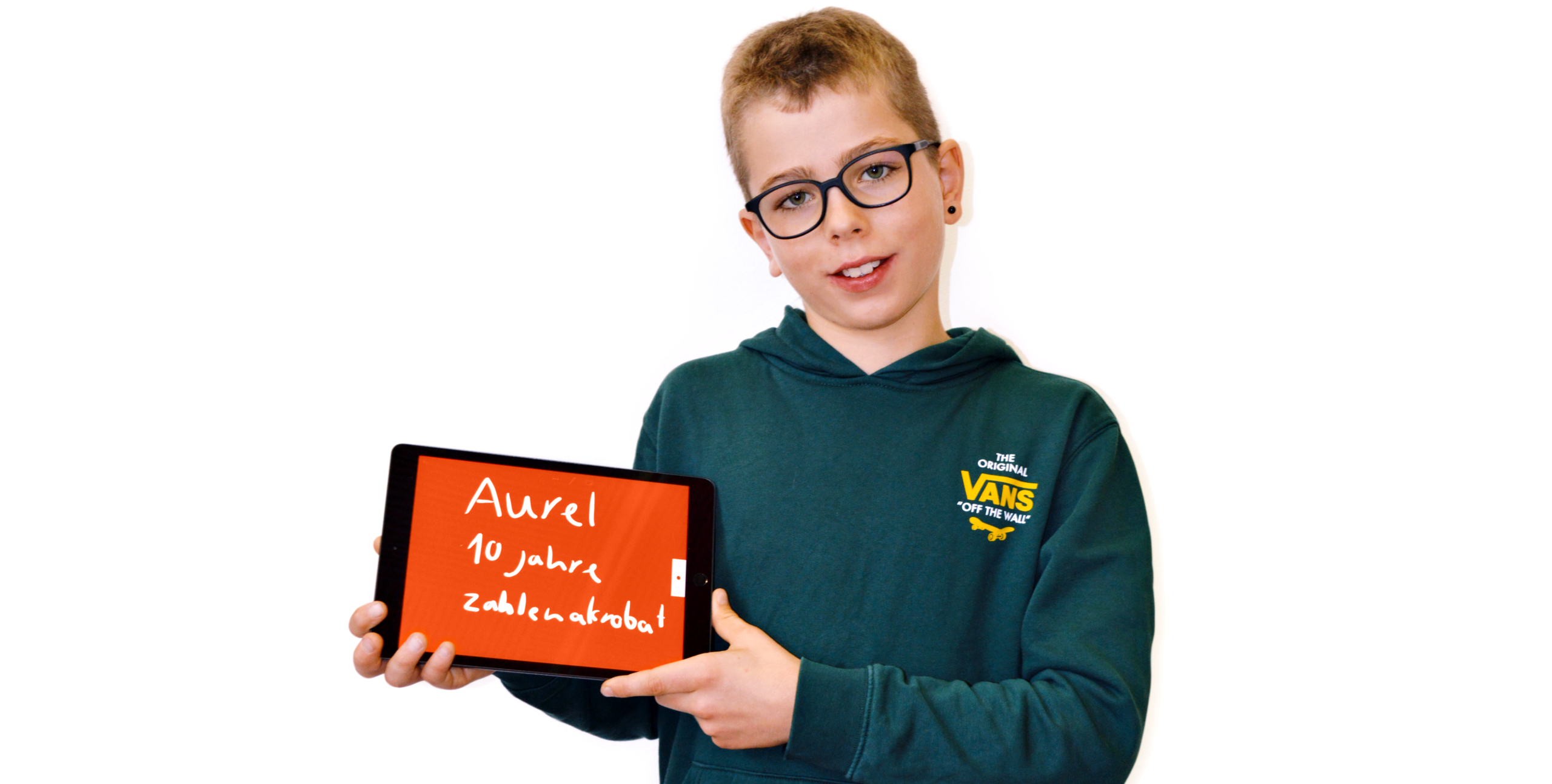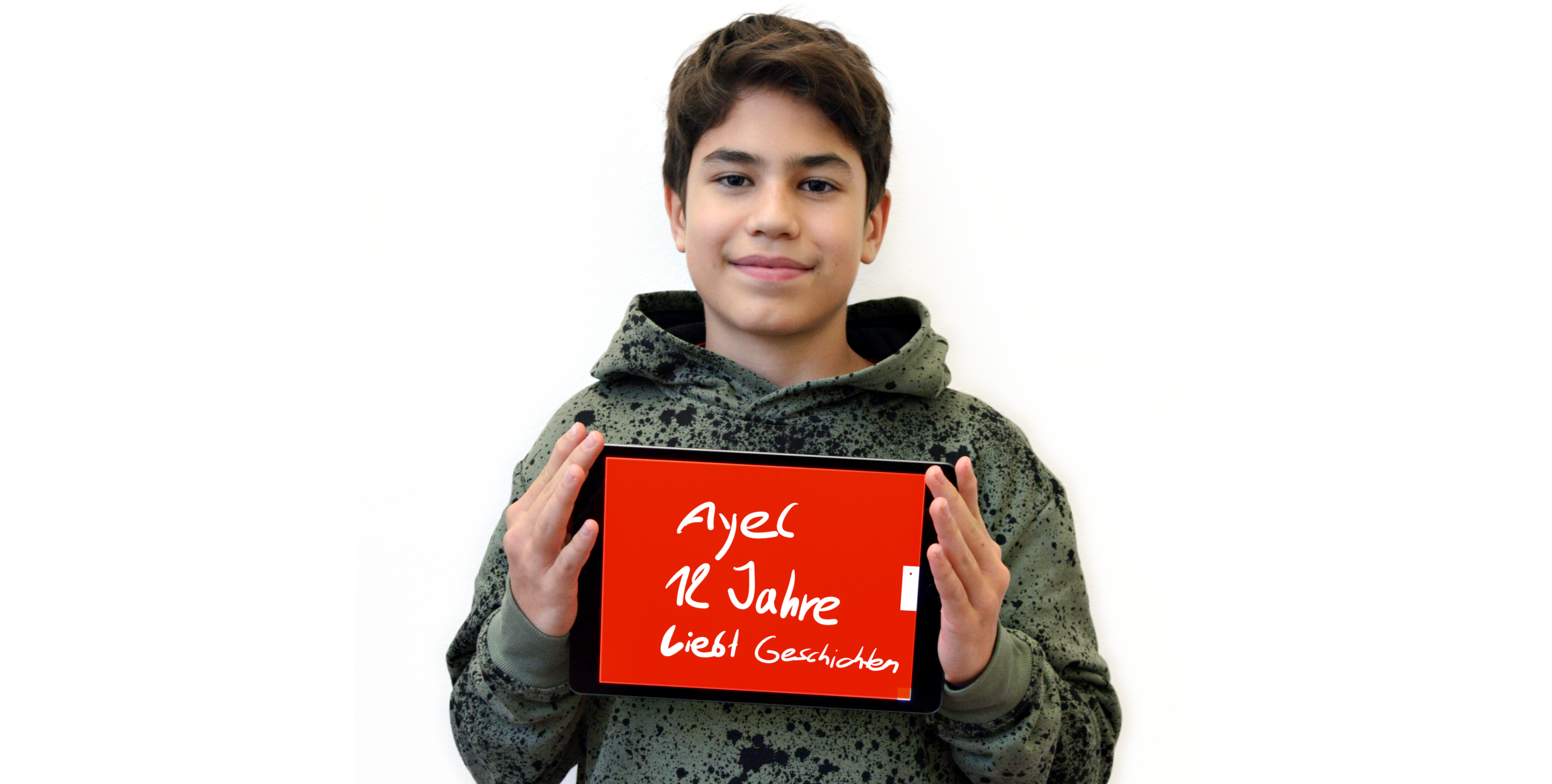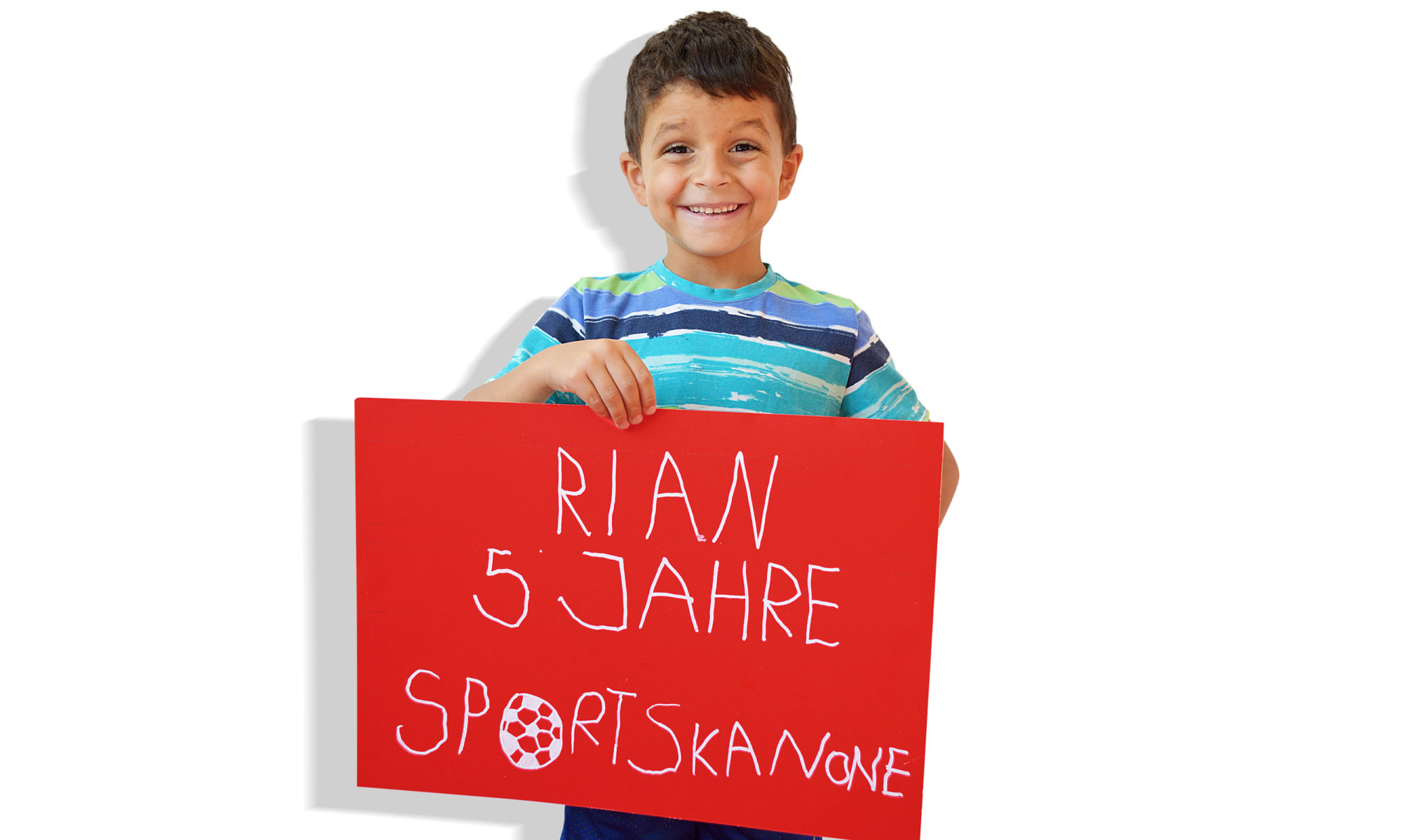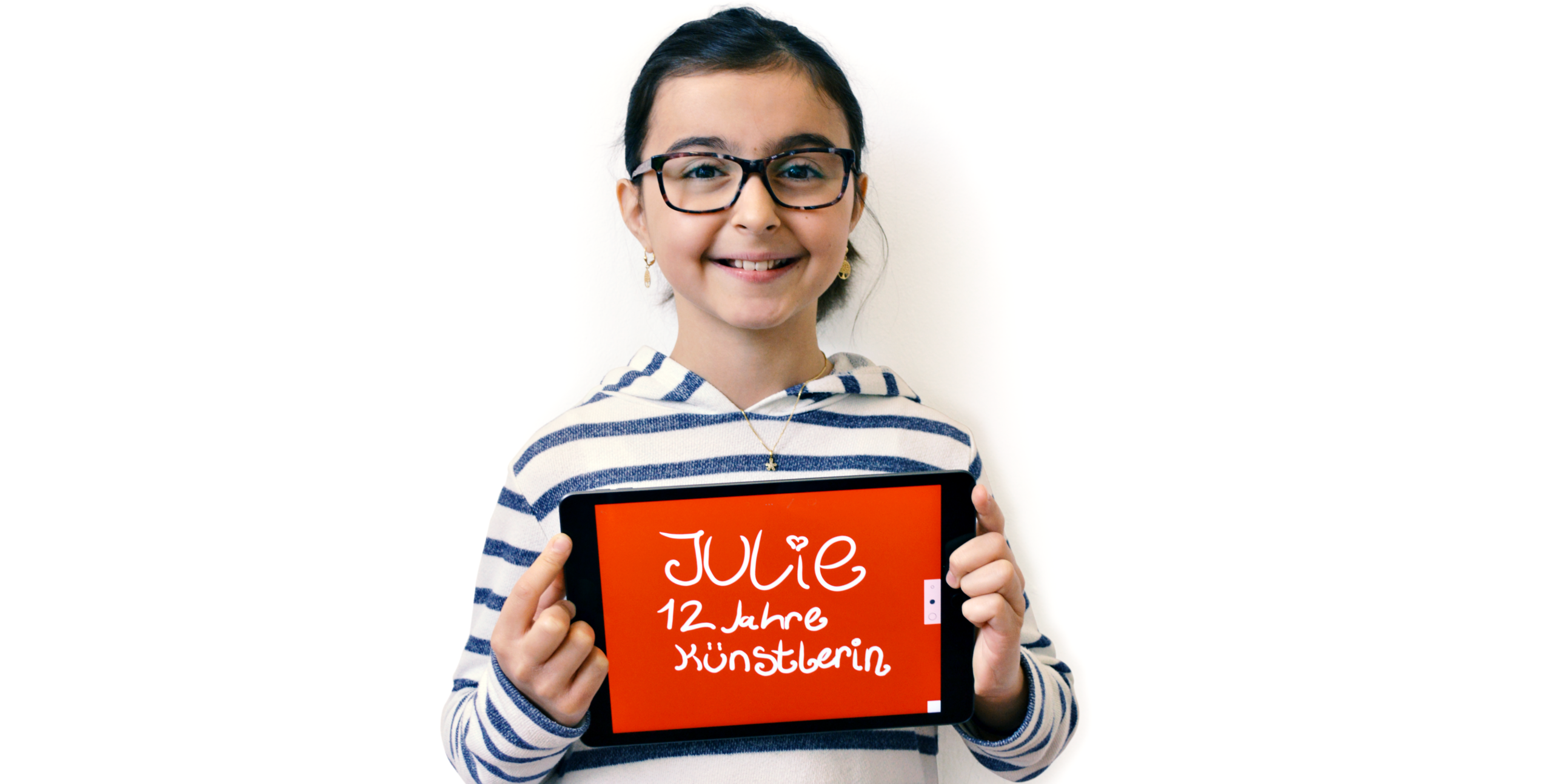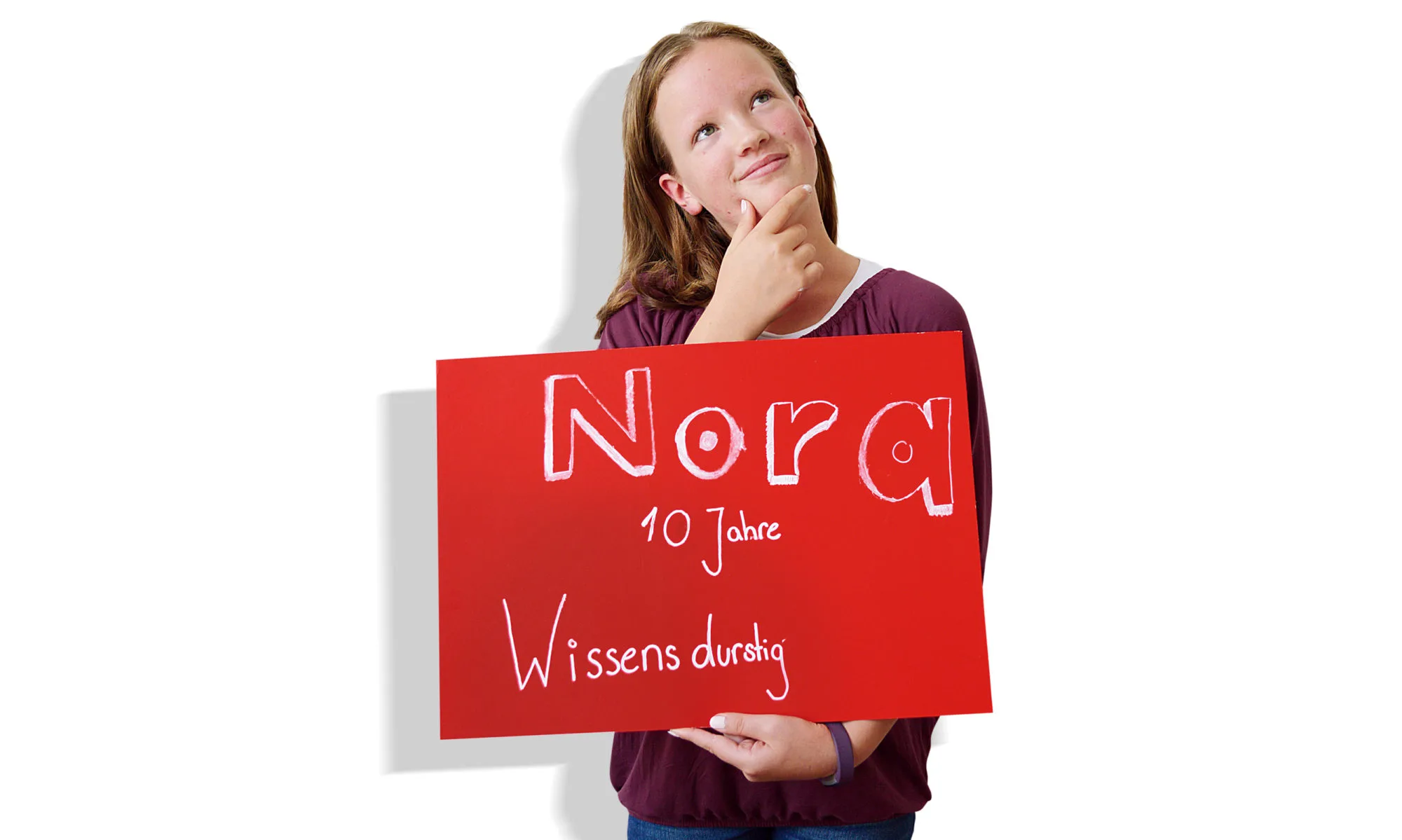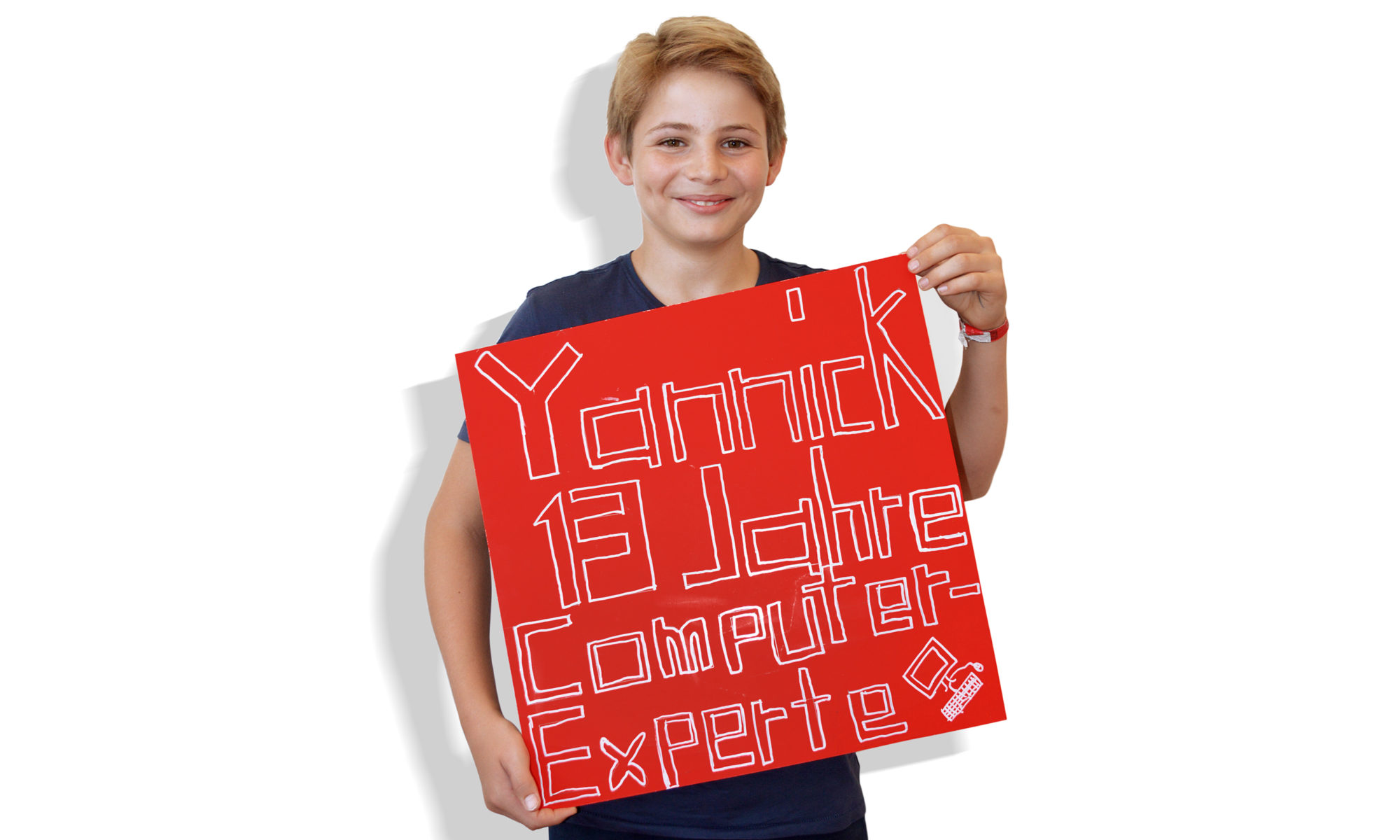A conversation with Chris Gmür, a learning coach at the LIPSCHULE.
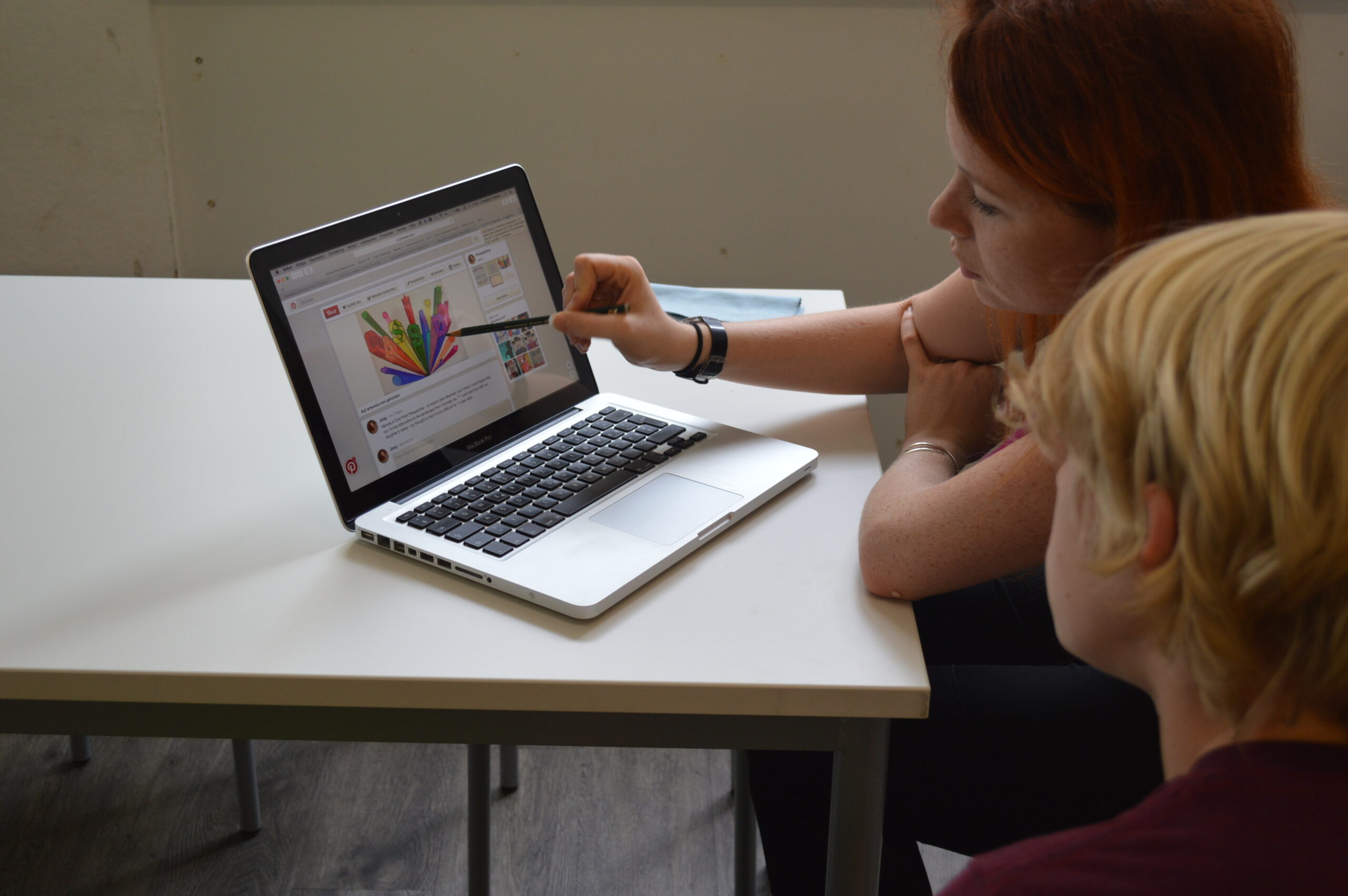
Luckily, the times when schoolchildren could only enjoy face-to-face teaching are long gone. With the competency-oriented approach, as the LIPSCHULE is familiar with, children and young people are challenged and encouraged using more individualized methods. The learning coaches play an important role here, serving as a sparring partner on the one hand and as a reference person on the other. One of them is Chris Gmür, who told us what this means for his everyday work.
Chris Gmür, in addition to your regular job, you also work as a learning coach. How would you describe this role?
Being a learning coach is no longer just about mediation, the focus is on learning in general, as a process of mediation and appropriation. In this role I am a listener, an advisor, and the aim is to optimize the fit between the learner and the learning object. Coaching is a valuable addition to existing avenues of advice and exchange, such as discussions with parents, conversations in the study room during everyday life or similar situations. However, coaching only takes place between coach and coachee. In addition to school content, it is always about the well-being of the coachee and their social role in the class.
How often do you find yourself in the role of teacher and how often as a learning coach?
There is no strict separation, of course these two roles often merge. For example, as a teacher, I have in-depth lessons where I fulfill similar tasks as a learning coach. However, Monday afternoon is reserved for my coachees. And because I’m only responsible for around ten students, I automatically have more time to respond to their individual needs.
The LIPSCHULE recently switched from the classic system of lower school, middle school and upper school to cycles. Does that have an impact on your work?
Since the end of the summer holidays, the individual cycles in our schoolhouse have been separated from each other, which of course has already meant a change. Otherwise, the leap wasn’t that big because we were already familiar with the coaching system at the LIPSCHULE.
What advantages do you think students gain by having a learning coach?
The big advantage, I think, is that someone has time to really respond to them. As a learning coach, we are closer to the students on a relationship level. Nevertheless, it is important to me that the conversations with me are not seen as just a coffee get-together – there are rules that apply to the role of a learning coach. My job is to listen carefully, to create offers, to address contradictions and to define commitments. In return, the young people must actively cooperate and live up to the agreements made. Only when all this is fulfilled can they get the maximum out of a having a personal learning coach.
<<<

